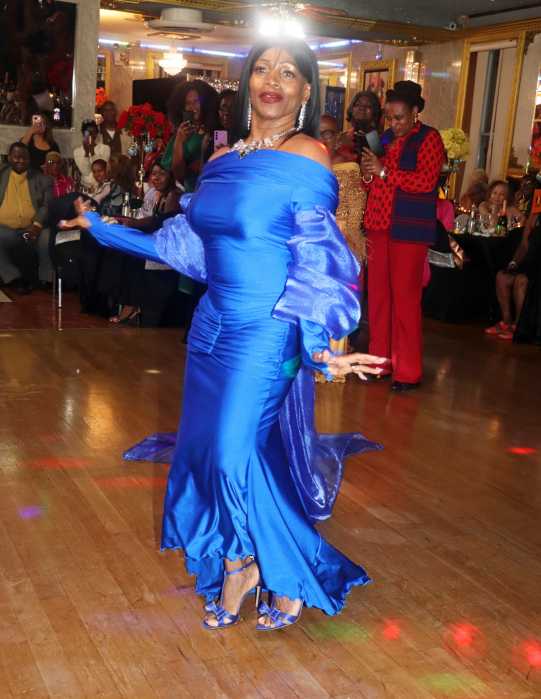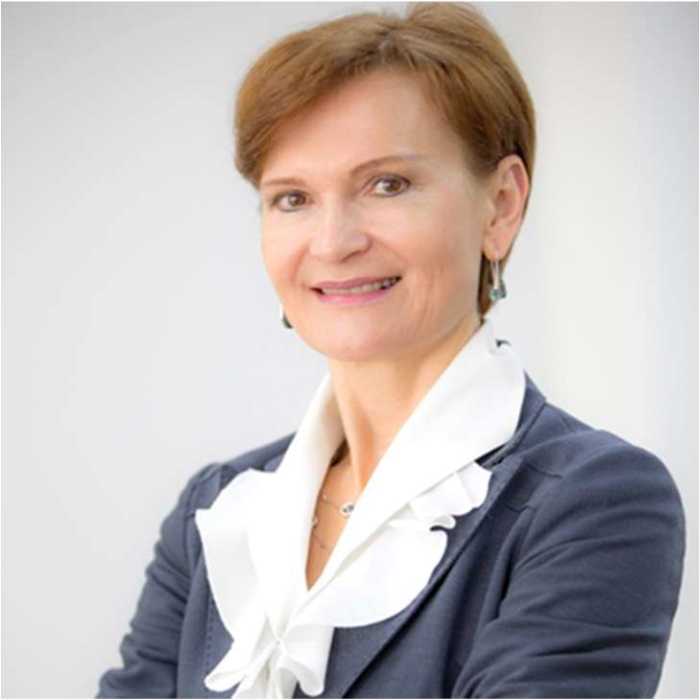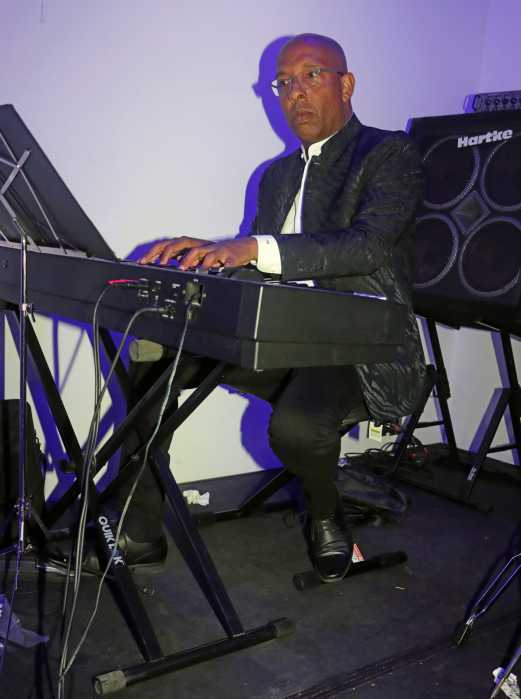St. Vincent and the Grenadines U.N. envoy, Ambassador Camillo Gonsalves, says most educated Caribbean migrants are not giving back enough in remittances to the region.
“The money spent in educating them is not being recouped,” Gonsalves told an inaugural Migrants’ Day Forum in Brooklyn Sunday night.
“We, as representatives in the U.S. have to conceptualize on how benefits can be returned to the Caribbean,” said Gonsalves at forum at the Friends of Crown Heights Educational Center in Brooklyn.
“We have to think of linkages with investment,” Gonsalves said, adding, “There are lots of business opportunities. We’re losing ‘brains,’ and the ‘brains’ are not contributing significantly back home.”
Gonsalves, son of the St. Vincent prime minister, Dr. Ralph Gonsalves, referred to International Monetary Fund statistics showing that an overwhelming number of Caribbean nationals with university degrees are either living in the United States, the United Kingdom or Canada.
He lamented that while his government is currently engaged in constructing the country’s largest infrastructural project ever – an international airport – contributions from the Diaspora are “minimal.”
“I’m advocating finding ways to make more contributions to back home,” he told the forum, which was part of a number of activities also marking the inaugural SVG Diaspora Week in New York.
Regarding the vexed deportation issue, Gonsalves said data indicates that while most crimes in the region are homegrown, the worst is caused by deportees, stating that jails in the United States are “Universities of Crime.”
“What’s happening in the Caribbean are ‘concept killings,’” he said. “We have these criminal ‘professors’ coming home and making (conducting) crimes.
“We have to think of ways to help deportees re-integrate into the community,” he added.
Selmon Walters, St. Vincent and the Grenadines’ New York Consul General, said many Caribbean nationals are not making full use of the opportunities offered by the United States.
“The good thing about living in the U.S. is that the U.S. gives you a chance,” said the former government minister in the Gonsalves administration.
“So many of our young men don’t take the chance,” he added. “Many of them face deportation. You come here to live, take advantage of it.”
Dr. Rhonda Chipman-Johnson, the Bahamas’ New York Consul General, called for more mentoring programs for Caribbean youth in the United States and better liaison with U.S. authorities, stating that, with increased deportations, crime has escalated in the region.
“If you’re in the man’s country, get your papers (citizenship),” she urged. “If you’re here for 30 years, I can’t see why you can’t get your papers, if you’re already here contributing to the economy.”
Wavny Toussaint, a Trinidadian-born judge in Brooklyn Family Court, said that she, who was a “Barrel Child,” constantly sees many “Barrel Children” in her court room. She described “Barrel Children” as children left behind by their parents, who seek “greener pastures” in the United States and send home barrels of food items and clothing to help take care of them.
“A lot of them need supervision,” Judge Toussaint said. “They are some of our children.
“Take one of those kids, talk to them and mentor them,” she added.
New York State Sen. Eric Adams, who represents the 20th Senatorial District in Brooklyn, said Caribbean nationals lack “strong lobbying” in the U.S., urging them to adopt the “Israeli Model” in accessing more resources and providing better representation.
“You don’t have a strong lobbyist. Therefore, you don’t have a strong bloc to represent you,” he said. “What’s the use being in American when you don’t have a smorgasbord of lobbyists to represent you.
“The greatest level of participation is volunteerism,” he added. “Let’s look up that model (Israeli) and use it.”
Jamal Patterson, a member of the SVG Diaspora Committee, who was born in Brooklyn, urged the elders to play a more meaningful role in the community.
“The elders have to pass the baton. There are a lot of professionals who are elders,” he said.
“The youth need to know that the elders care,” he added. “We need to stop our youth from going to jail. I believe, with that kind of dedication, we’ll be able to save the youth.”
In his message marking International Migrants Day, which is observed on Dec. 18 each year, United Nations Secretary General Ban Ki-moon said migrants are a “strong force of progress” in their host countries, adding that policies should protect, not infringe, their human rights.
He, therefore, called on states to ensure migrants’ “inalienable rights are not violated.”
The UN said while there are currently about 214 million international migrants worldwide, only 45 countries have ratified the International Convention on the Rights of all Migrant Workers and Members of their Families.
The Convention, adopted by the General Assembly in 1990, provides a framework for regulating international migration based on human rights.

























